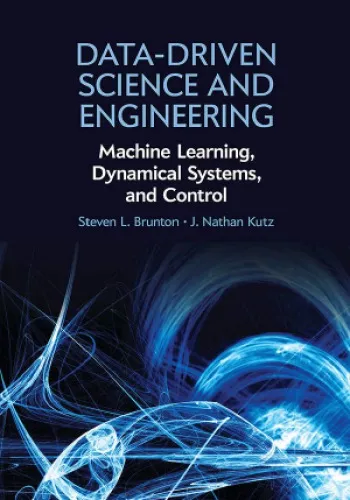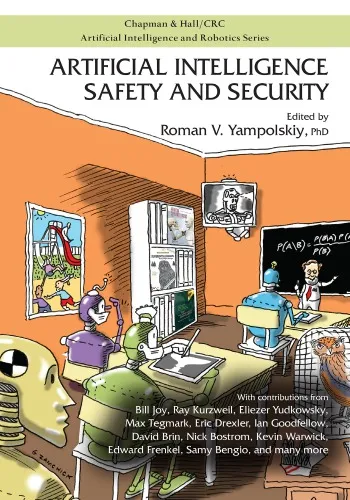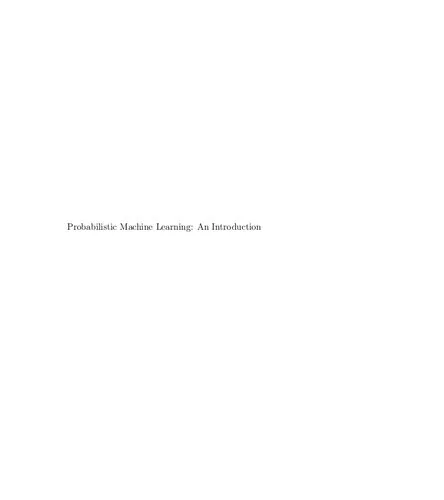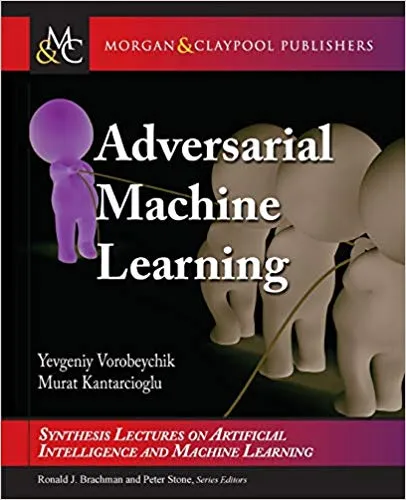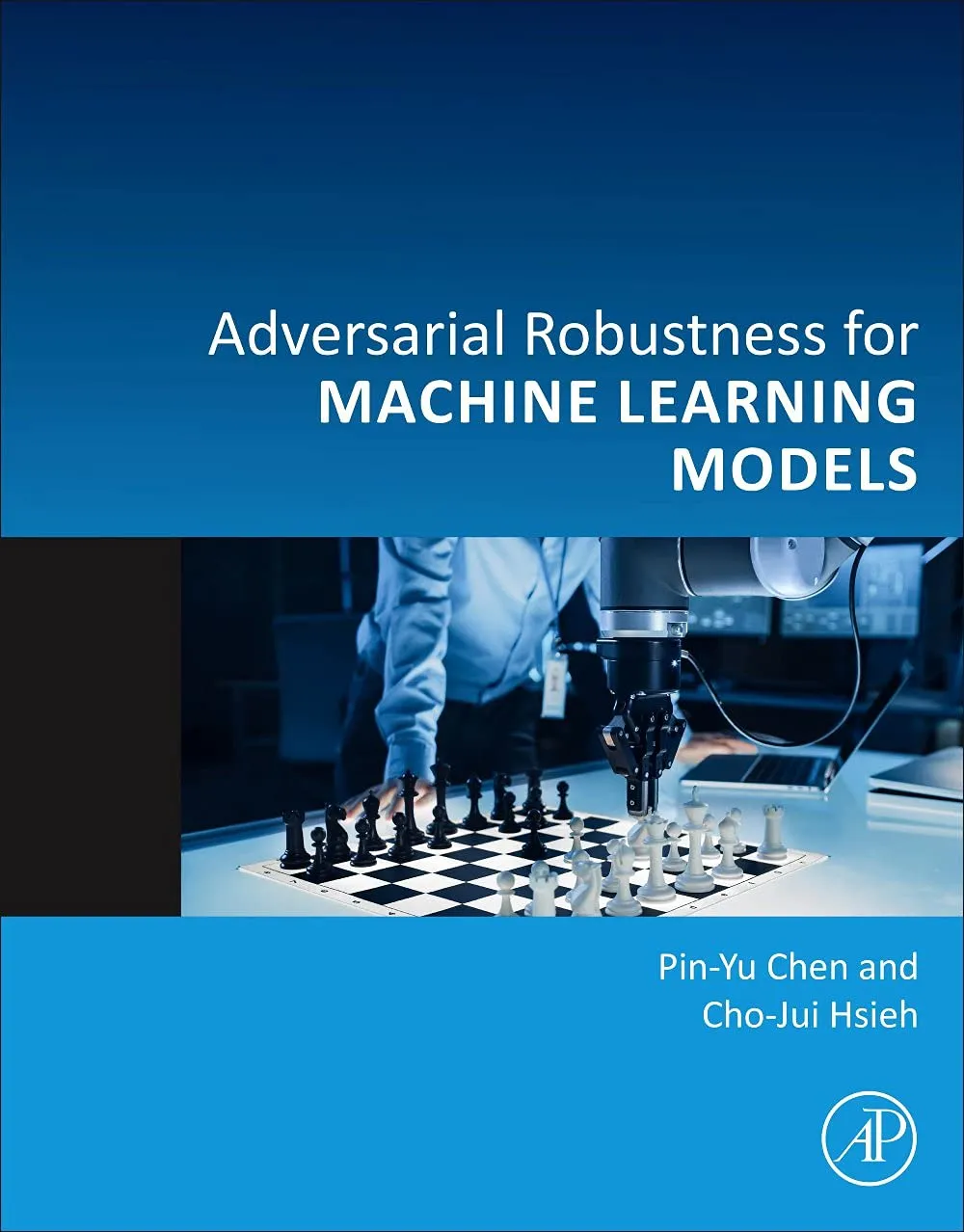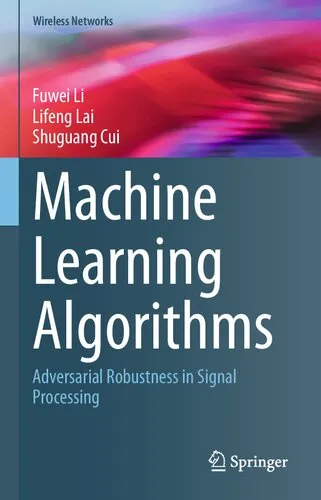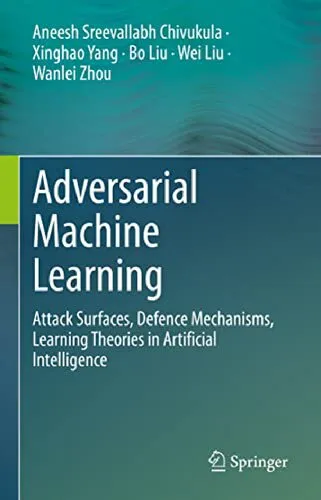AI for a Safe Earth: Private Probabilistic Search and Predictive Threat Analytics
4.0
Reviews from our users

You Can Ask your questions from this book's AI after Login
Each download or ask from book AI costs 2 points. To earn more free points, please visit the Points Guide Page and complete some valuable actions.Related Refrences:
Introduction to "AI for a Safe Earth: Private Probabilistic Search and Predictive Threat Analytics"
Artificial Intelligence (AI) has become the defining technology of the 21st century. While it brings boundless opportunities for progress, it also comes with significant challenges that can jeopardize global stability if not addressed responsibly. "AI for a Safe Earth: Private Probabilistic Search and Predictive Threat Analytics" is a thought-provoking exploration into how AI can be leveraged to safeguard humanity, protect the environment, and mitigate evolving risks. By intertwining computational advancements with ethical imperatives, this book offers a roadmap for creating AI systems that are not only highly efficient but also inherently sustainable and aligned with the principles of safety and privacy.
Written by acclaimed author Sumit Chakraborty, this book dives deep into the complex synergy of artificial intelligence, machine learning, and probabilistic models to offer actionable solutions for addressing large-scale threats. From climate change and natural disasters to cyberattacks and public health crises, the content is exceptionally relevant for those seeking to apply cutting-edge technology to real-world challenges. The book further emphasizes the importance of privacy-preserving methodologies in AI, ensuring that innovation never comes at the cost of human rights and freedoms.
Detailed Summary of the Book
At its core, "AI for a Safe Earth" focuses on two intertwined AI disciplines: private probabilistic search and predictive threat analytics. The former revolves around building AI tools and algorithms that can explore massive datasets in search of solutions to globally significant problems—such as identifying early warning signs of natural disasters—while maintaining stringent privacy standards. Predictive threat analytics, on the other hand, is concerned with using historical and real-time data to foresee and counteract potential threats, ranging from environmental hazards to socio-political crises.
The book is divided into several impactful sections, each illustrating a different aspect of safe AI development:
- A primer on probabilistic reasoning and its applications in search algorithms.
- Examples of AI-driven predictive models used to prevent and mitigate natural disasters.
- Insights into privacy-centric AI approaches, like federated learning and secure multi-party computation frameworks.
- Case studies highlighting successful AI applications in environmental sustainability and global health.
- The ethical implications of predictive analytics, with a focus on equity, transparency, and accountability.
By meticulously exploring both theoretical and practical paradigms, Chakraborty’s book bridges the gap between abstract computational techniques and their transformational impact on the human condition.
Key Takeaways
- Gain a deep understanding of how probabilistic methods enhance AI's ability to deal with uncertainty and incompleteness in data.
- Learn how to design AI systems that respect privacy while processing sensitive information to make critical decisions.
- Discover real-world applications of predictive threat analytics in domains such as disaster management, cybersecurity, and humanitarian aid.
- Understand the ethical dimensions of AI and how they intersect with safety and sustainability goals.
- Receive practical guidance on deploying AI for global challenges without compromising on fairness, accuracy, and inclusiveness.
Famous Quotes from the Book
"In AI, the greatest paradox is that the systems capable of predicting the unforeseeable must also respect what lies unseen—a person's privacy."
"A safer Earth begins with intelligent machines that understand not just data but also responsibility."
"The future of humanity depends on how we balance AI's potentials with its pitfalls."
Why This Book Matters
As the world continues to witness the rapid proliferation of AI technologies, understanding their dual capacity to advance or endanger human lives has never been more critical. "AI for a Safe Earth" is not just an academic treatise; it is a clarion call for researchers, policymakers, engineers, and general readers to rethink how artificial intelligence fits into the broader narrative of human progress. By highlighting the untapped power of probabilistic reasoning and predictive analytics, this book equips readers with the tools needed to address existential threats like climate change, resource depletion, and global inequities.
Furthermore, the timely emphasis on privacy plays an essential role in ensuring that future AI deployments are not only effective but also ethical. With increasing global concerns about surveillance and data misuse, the methodologies outlined in this book present a viable path forward for creating AI that respects individual rights while addressing collective needs.
In an era where knowledge equates to power, and power comes with great responsibility, this book is an indispensable guide to reshaping AI for the greater good of humanity and the Earth.
Free Direct Download
You Can Download this book after Login
Accessing books through legal platforms and public libraries not only supports the rights of authors and publishers but also contributes to the sustainability of reading culture. Before downloading, please take a moment to consider these options.
Find this book on other platforms:
WorldCat helps you find books in libraries worldwide.
See ratings, reviews, and discussions on Goodreads.
Find and buy rare or used books on AbeBooks.
1378
بازدید4.0
امتیاز0
نظر98%
رضایتReviews:
4.0
Based on 0 users review
Questions & Answers
Ask questions about this book or help others by answering
No questions yet. Be the first to ask!

